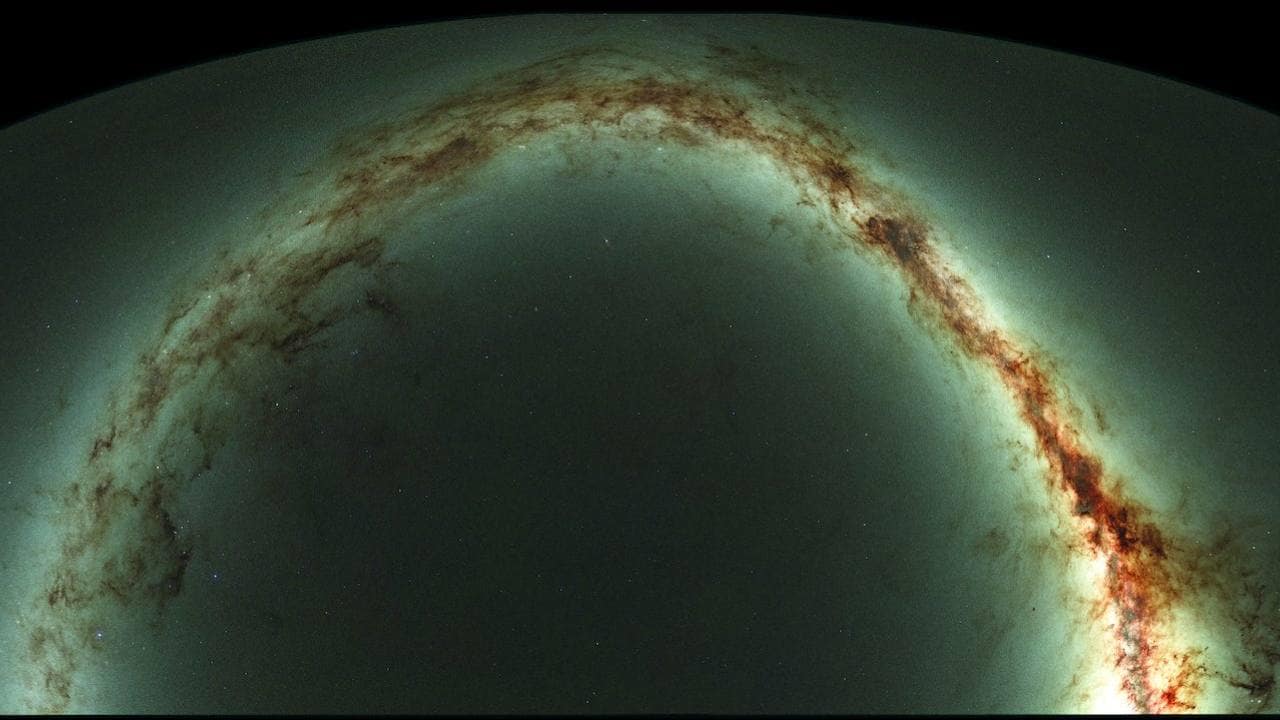The volume of online data in the field of astronomy grew by 1.6 petabytes with the latest batch of data from a Hawaiian telescope. The data is enough to fill 30,000 Wikipedias, or 15 Libraries of Congress (below is a glimpse of one Library of Congress to compare). [caption id=“attachment_5999491” align=“alignnone” width=“1280”] Here’s one fraction of the Library of Congress.[/caption] The telescope that sourced all the data is the
Panoramic Survey Telescope and Rapid Response System
, or Pan-STARRS
, telescope in Hawaii. The download is the second such download from the telescope, after the first 2-petabyte download in 2016. Part of the new data-dump is four years’ worth of images captured by PAN-STARRS’s powerful 1.5-meter, 1.4 billion-pixel camera. [caption id=“attachment_5999451” align=“alignnone” width=“1280”]
Here’s one fraction of the Library of Congress.[/caption] The telescope that sourced all the data is the
Panoramic Survey Telescope and Rapid Response System
, or Pan-STARRS
, telescope in Hawaii. The download is the second such download from the telescope, after the first 2-petabyte download in 2016. Part of the new data-dump is four years’ worth of images captured by PAN-STARRS’s powerful 1.5-meter, 1.4 billion-pixel camera. [caption id=“attachment_5999451” align=“alignnone” width=“1280”] A composite image, or sky survey, of the sky above the Pan-STARRS observatory in Hawaii. Image courtesy: STSI[/caption] “We put the universe in a box, and everyone can take a peek,” Conrad Holmberg, database engineer at PAN-STARRS project, said in
a statement
. The PAN-STARRS study is designed to find what astronomers call ’transient’ and ‘variable’ objects in the universe. These are objects that appear very briefly in the universe. This is also the telescope that picked up on the still-debated
‘Oumuamua
, the first known
interstellar visitor
to our solar system in October 2017. Since its early days in 2008, PAN-STARRS has discovered many rogue planets, supernovas and quasars, as well as half of all
near-Earth asteroids
and comets recorded by telescopes each year since 2014.
A composite image, or sky survey, of the sky above the Pan-STARRS observatory in Hawaii. Image courtesy: STSI[/caption] “We put the universe in a box, and everyone can take a peek,” Conrad Holmberg, database engineer at PAN-STARRS project, said in
a statement
. The PAN-STARRS study is designed to find what astronomers call ’transient’ and ‘variable’ objects in the universe. These are objects that appear very briefly in the universe. This is also the telescope that picked up on the still-debated
‘Oumuamua
, the first known
interstellar visitor
to our solar system in October 2017. Since its early days in 2008, PAN-STARRS has discovered many rogue planets, supernovas and quasars, as well as half of all
near-Earth asteroids
and comets recorded by telescopes each year since 2014.
“The Pan-STARRS1 survey allows anyone access to millions of images and catalogs containing precision measurements of billions of stars, galaxies and moving objects,” Ken Chambers, director of the Pan-STARRS observatories, said in the statement . “We hope people will discover all kinds of things we missed in this incredibly large and rich data set.” The new data is available for professionals and amateur astronomers to access on the Space Telescope Science Institute’s webpage .
)